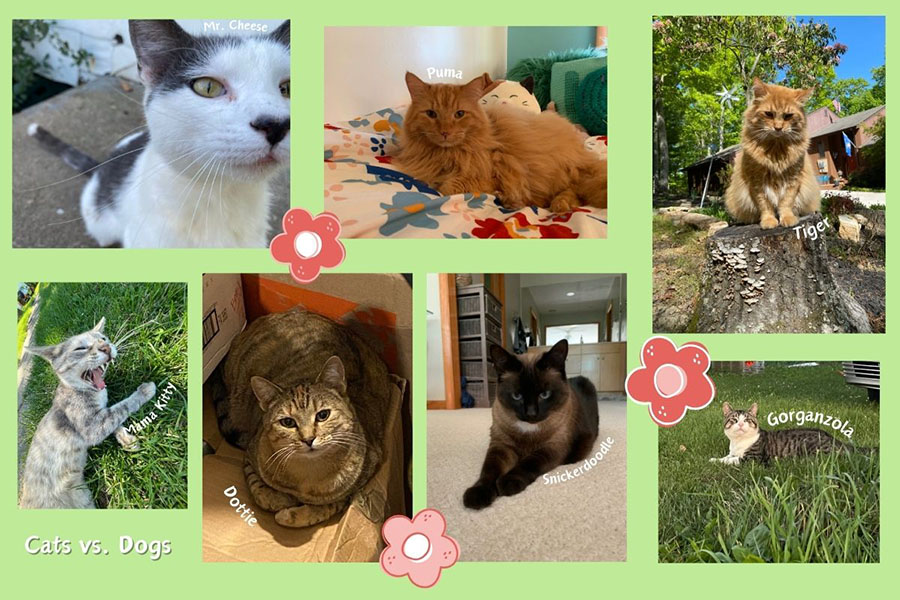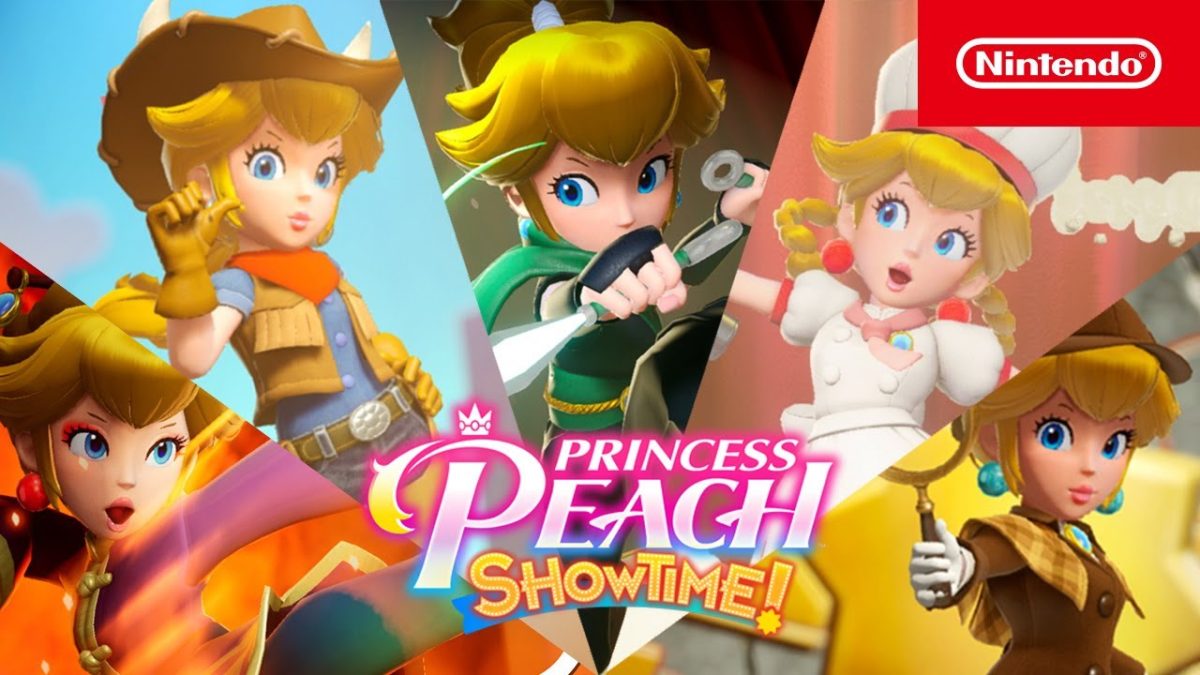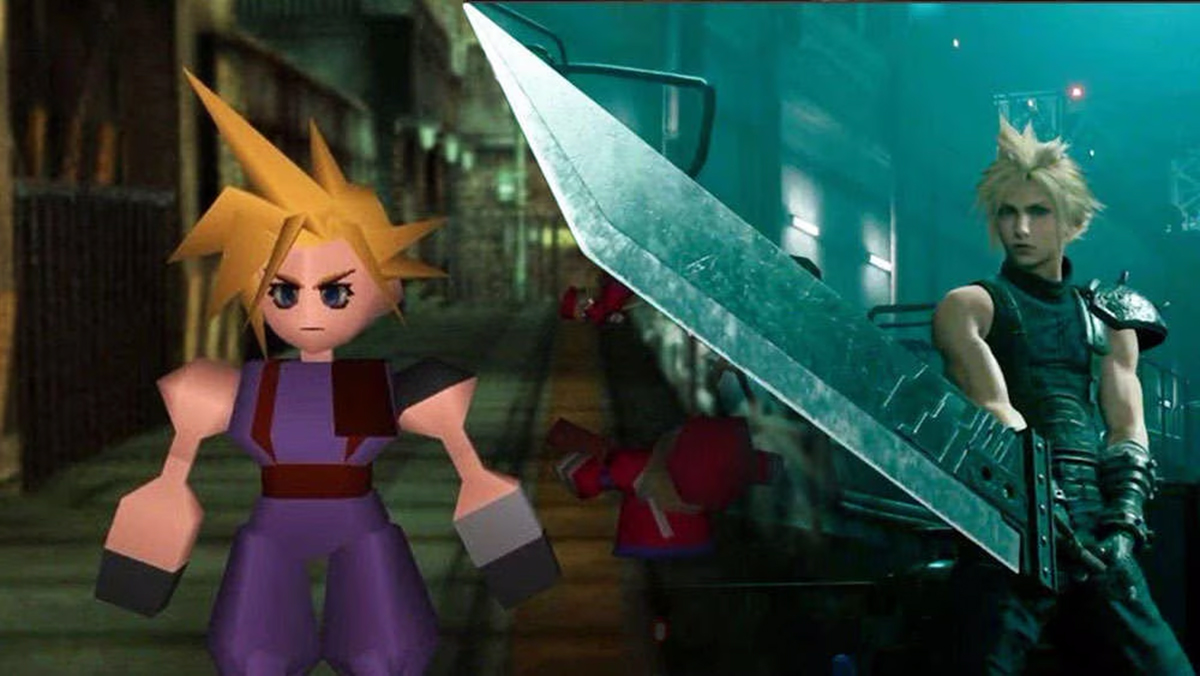There has been much time devoted at UW-Eau Claire to look for a way to reform what classes we take as students. This has been happening as far back as I can remember since starting to attend Eau Claire. A more recent issue on this topic is the possibility of eliminating the minor requirement.
Although I am not critiquing this policy specifically, I would rather like to bring to attention something I have observed for a while. There seems to be a recurring sentiment from many students I’ve encountered (and I’m sure many more that I have not) that general education requirements are a waste of time and money.
All of us are students attending a four-year university pursuing degrees. Many of us are pursing degrees in liberal arts, so the idea that the classes in our major are enough to make our liberal arts degree “liberal arts” deeply concerns me.
Taking classes outside your main areas of study, and being required to do so whether it be through minor requirements, general education requirements or even cultural diversity requirements, are paramount to earning both a competitive four-year degree as well as getting a meaningful education at this university.
If you do a quick Google search of “average starting salary by level of education” or another variation of the phrase you will instantly find plenty of statistics showing the value of a Bachelor’s degree. For example, earnmydegree.com shows data from the U.S. Census that a bachelor’s degree holder on average earns $14,000 more a year than someone with an
Associates degree.
There are several reasons this is the case, but a key factor is the fact that someone earning a bachelor’s degree has more emphasis in taking classes from a variety of disciplines — that’s one reason why it takes longer to earn one.
I still remember from orientation a professor telling my group the benefits of pursuing a four-year degree. He said many employers are looking for people that know more about the world than just the basics in their field.
For a quick example of what he was talking about, with my economics minor if I’m interviewing a
policymaker about a bill dealing with fiscal policy, I’m going to know a lot more than a person similar in education to me minus the background in economics and I will be able to ask more informed and harder questions. And I like that about what I’m doing here because I know it’s going to
help me.
The benefits don’t end there. If I need to write a story about a natural disaster, the two geography classes I’ve taken here will undoubtedly be useful in that case. Or if I’m required to interview someone who primarily speaks Spanish, my foreign language
competency requirement will be
worth it.
Imagine if I studied nothing but journalism. I would know all there is to know about triangulating stories, the inverted pyramid and Search Engine Optimization, but beyond that I can’t say I would know much else. What kind of journalist would I be? Probably not as good of one as I know I can be now with a great education.
I know most of the columns I write typically look at a specific policy or controversial issue and I offer a critique, but here I am simply asking the student body of Eau Claire to rethink what you’re getting out of your education and to better realize what you are doing here.
Taking these extra classes are not a waste of your time; in fact, paying attention in these classes and having a genuine curiosity will be doing
the opposite.






